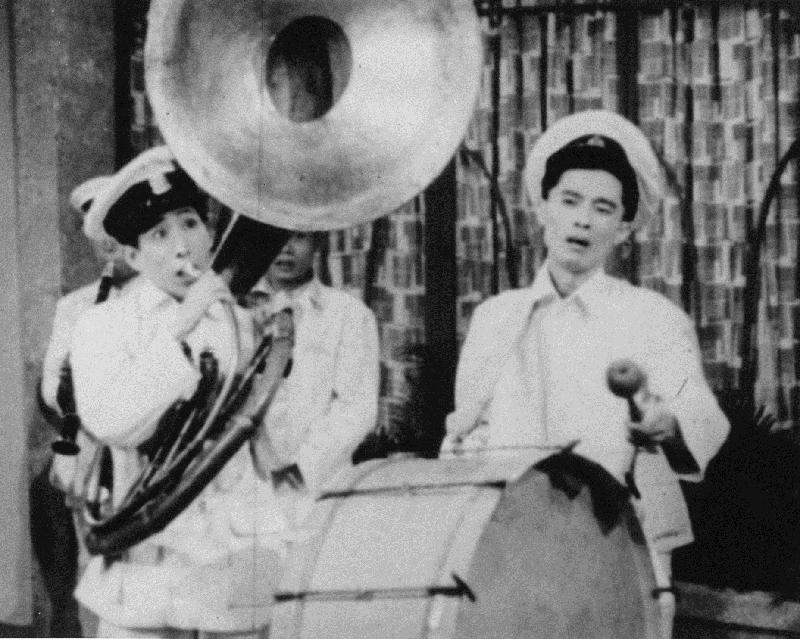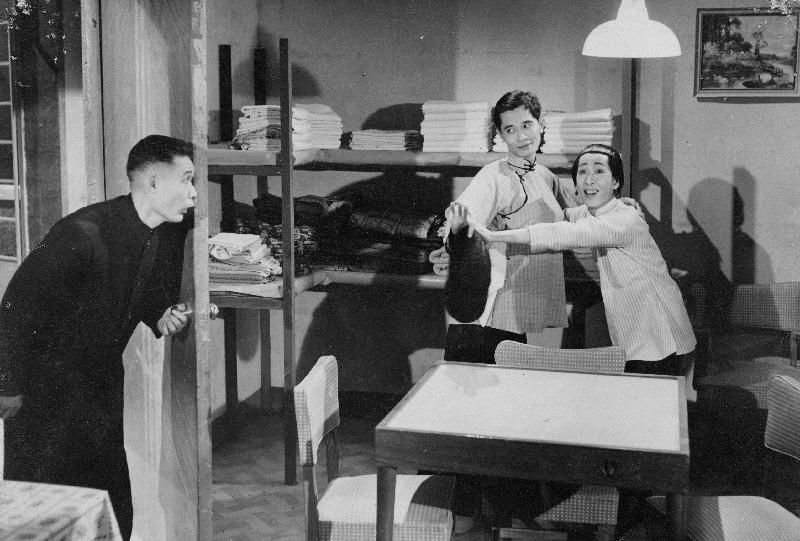LCQ10: Promoting wider use of technology within the Government
Following is a question by the Hon Wu Chi-wai and a written reply by the Secretary for Innovation and Technology, Mr Nicholas W Yang, in the Legislative Council today (June 6):
Question:
The Innovation and Technology Bureau (ITB) established the TechConnect (block vote) in mid-2017 to assist various government departments in implementing technology projects, with a view to enhancing operational efficiency and improving public services. It is learnt that the committee concerned has supported the allocation of funding to 24 technology projects. Regarding the efforts to promote the wider use of technology within the Government, will the Government inform this Council:
(1) of the (i) commencement dates, (ii) commissioning dates, (iii) estimated non-recurrent and recurrent expenditure, and (iv) anticipated achievements (including the numbers of beneficiaries and the anticipated amounts of saving in expenditure) of the aforesaid 24 technology projects;
(2) of the details of ITB's current work to assist various government departments in implementing technology projects under the aforesaid block vote mechanism; whether the ITB will send its staff to the various departments to understand their operations and recommend the implementation of technology projects which may enhance work efficiency and improve services; besides the ITB, whether there are other policy bureaux or government departments which are currently exploring the application of technology to enhance work efficiency; if so, of the details;
(3) apart from the aforesaid 24 technology projects, whether the various government departments implemented in the past three years other projects on the application of new technology for the provision of public services; if so, of the details; of the various government departments’ plans in the coming year to implement projects on the application of new technology for the provision of public services;
(4) of the current number of civil servants who are holders of degrees related to science, technology, engineering and mathematics (STEM), with a breakdown of such number by (i) whether such civil servants are directorate grade officers as well as by (ii) the grades and (iii) the government departments to which they belong;
(5) as the Chief Executive's Council of Advisers on Innovation and Strategic Development and the Steering Committee on Innovation and Technology focus respectively on the macro economic development of Hong Kong, and steering innovation and technology development as well as smart city projects, of the authorities' measures to increase the opportunities for civil servants with a STEM academic background to take part in formulating the relevant policies; whether the authorities will make reference to the practices of overseas governments and create in the Chief Executive's Office or the various government departments positions such as Science Advisors to be filled by professionals outside the civil service, so as to allow them to offer independent technology advice to the Government; and
(6) whether it will study the implementation of digital government transformation to enable the Government to use more technology to enhance operational efficiency, and promote a wider application of innovation and technology at the community level?
Reply:
President,
Our reply to the six parts of the question is as follows:
(1) The Innovation and Technology Bureau (ITB) set up the TechConnect (block vote) in mid-2017. To date, the internal committee responsible for vetting applications has supported funding for 24 technology projects proposed by 14 departments. The fund will be used to support the non-recurrent expenditure of the projects. Some of the projects have commenced in the 2017-18 financial year, whereas the remaining will be launched in the 2018-19 financial year. Details are set out at Annex.
(2) The ITB set up the TechConnect (block vote) to support Government departments in planning and implementing technology projects, so as to enhance operational efficiency and improve public services by use of technology. The departments concerned are required to submit regular reports to the TechConnect Unit of the ITB who will monitor the progress and expenditure of the approved projects. When necessary, the TechConnect Unit will conduct meetings or pay visits to the departments to understand the project progress and offer advice. As for new projects to be launched in 2019-20, the ITB will accept and assess proposals by departments within the year. We do not have relevant information at this moment.
(3) Apart from the TechConnect (block vote), bureaux/departments (B/Ds) implement computerisation projects through the Capital Works Reserve Fund Head 710. In the past three financial years, the average annual expenditure is about $1.8 billion, covering projects including strengthening information technology (IT) security, system technology upgrade, enhancing internal operational efficiency and improving public services through IT. In addition, the Smart City Blueprint for Hong Kong published in December 2017 outlined B/Ds' initiatives that adopt technology to build smart city in different areas (such as transport, health, environment and education etc) in the next 5 years. B/Ds also make use of their annual budget estimates and other funding items to implement projects which improve public services through applying technologies. We do not have information of the relevant projects.
(4) and (5) According to the information provided by the Civil Service Bureau, heads of Department/Grade will set the entry requirements for grades under their purview on the basis of operational needs of the grades. Currently, as far as academic requirement is concerned, grades involving science and technology related duties, such as Analyst/Programmer, Chemist, Scientific Officer, Fisheries Officer and Environmental Protection Officer, require their appointees to possess a bachelor degree in STEM-related disciplines. However, the Government has not maintained statistical information on relevant academic qualifications of all civil servants. B/Ds will consider whether to establish non-civil service posts requiring specific professional knowledge according to their needs.
(6) To promote digital transformation of the Government, we are taking forward the following smart city infrastructure projects:
(a) to provide an electronic identity (eID) for all Hong Kong residents, allowing them to use a single digital identity and authentication to conduct government and commercial transactions online; and
(b) to implement the Next Generation Government Cloud Infrastructure and a Big Data Analytics Platform to expedite system development of e-government services, improve service level and enhance operation efficiency and cyber security.
At the society level, the ITB launched the $500 million Innovation and Technology Fund for Better Living (FBL) in May 2017 to encourage and fund different sectors of society to make use of innovative ideas and technologies to develop projects that bring more convenience, comfort and safety to citizens, or address the needs of specific community groups. As at May 2018, the FBL has approved 13 applications, with a total amount of grant at about $38 million.


